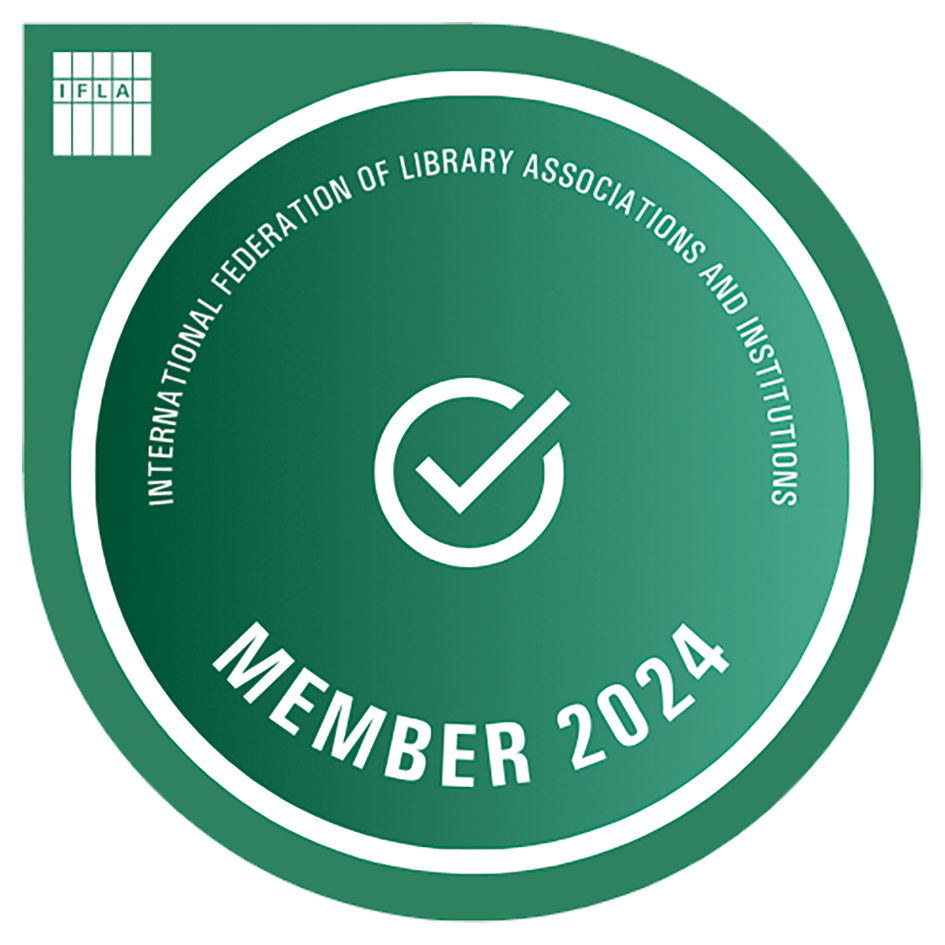閱讀活動錄音下載
- 2018-12-01
著者:梅林寶(Mark Meulenbeld )主講
出版(活動)日期:2018-12-01
時間:00:31:00
發音:國語
出版者:國家圖書館
內容簡介
為促進臺灣本土道教研究與世界的對話,國家圖書館與德國萊比錫大學圖書館於2018年11月29日起於該校總圖書館(Bibliotheca Albertina)舉辦「道教與地方宗教─典範的重思」(Daoism and Local Cults: Rethinking the Paradigms)國際學術研討會,以及「天之道:道教與地方宗教」主題文獻展。
在11月30日至12月1日進行「道教與地方宗教─典範的重思」研討會方面,會議主題探討近世以來,道教與地方宗教融合過程中,雙方存在之張力與對立,以及複雜的互動模式。策劃會議合辦方籌備代表柯若樸教授 (Prof. Philip Clart)表示,本會議旨在評估並釐清現存各種學術觀點與立場,以便進行更具反思性與深入分析的辯論。希望能解開學術論述中纏繞在主位∕客位範疇的環節,進而發展出讓持不同立場學者可以共同使用的論述詞彙及明確的參數。為了實現會議目標,因此國家圖書館與萊比錫大學圖書館邀請到歷史與民族學領域的專家學者,包括來自德、法、臺、日、美、英,以及香港等地學者,發表論文來一起探討問題。 Mark Meulenbeld (梅林寶) In the realm of Chinese religious phenomena, very few denominational boundaries are absolute. Many gods, for instance, could be simultaneously promoted by Confucian literati, Daoist ritualists, or worshiped by laymen who might primarily identify themselves as Buddhist. If this is not confusing enough, matters become more complex as soon as we leave the safe haven of the “Three Teachings.” In the realm of “popular religion,” two categories are particularly hard to understand: local gods and “ritual masters” (fashi or shigong). This paper will present an analysis of local gods in central Hunan and of the ritualists who serve them. Two classes of gods are of particular interest: deified “ritual masters” who are worshiped as lineage ancestors (jiazhu) and deified local heroes who represent (clusters of) villages (dizhu). Both these types represent thoroughly “local” gods, and are intimately associated with “local” communities. At the same time, the ritualists who serve them represent more complex intersections of “local,” regional, supra-regional, and even national dimensions – especially the various local and national traditions of Daoism and Buddhism. Taken together, these local gods and ritualists embody significant junctures within the world of Chinese religious phenomena; they tell stories of cross-fertilization and identity-preservation. Perhaps surprisingly, the fact that these local phenomena are not nominally classified within the hegemonic scheme of the “Three Teachings,” however, does not mean they exist outside of it. I will argue that local cult traditions have generally drawn from Daoist ritual repertoires for two important objectives: (1) the construction of cult narratives and (2) the alliances between gods and the communities serving them. 2019.2.21更新
- 資源查詢
- 公告資訊
- 關於本館
- 讀者服務
- 申辦服務
- 其他網頁連結



